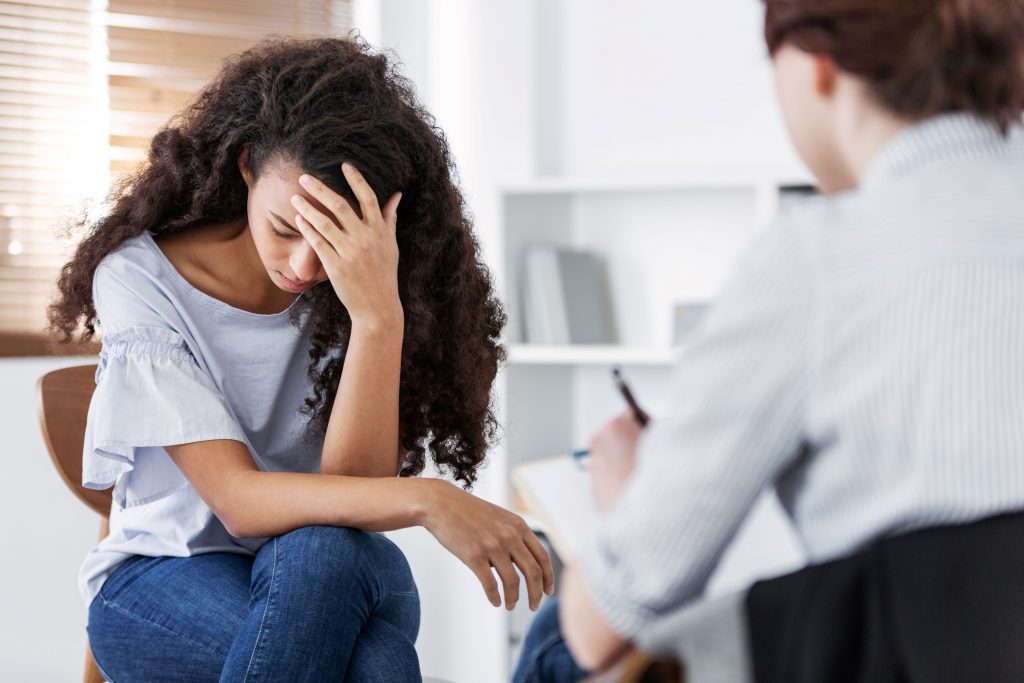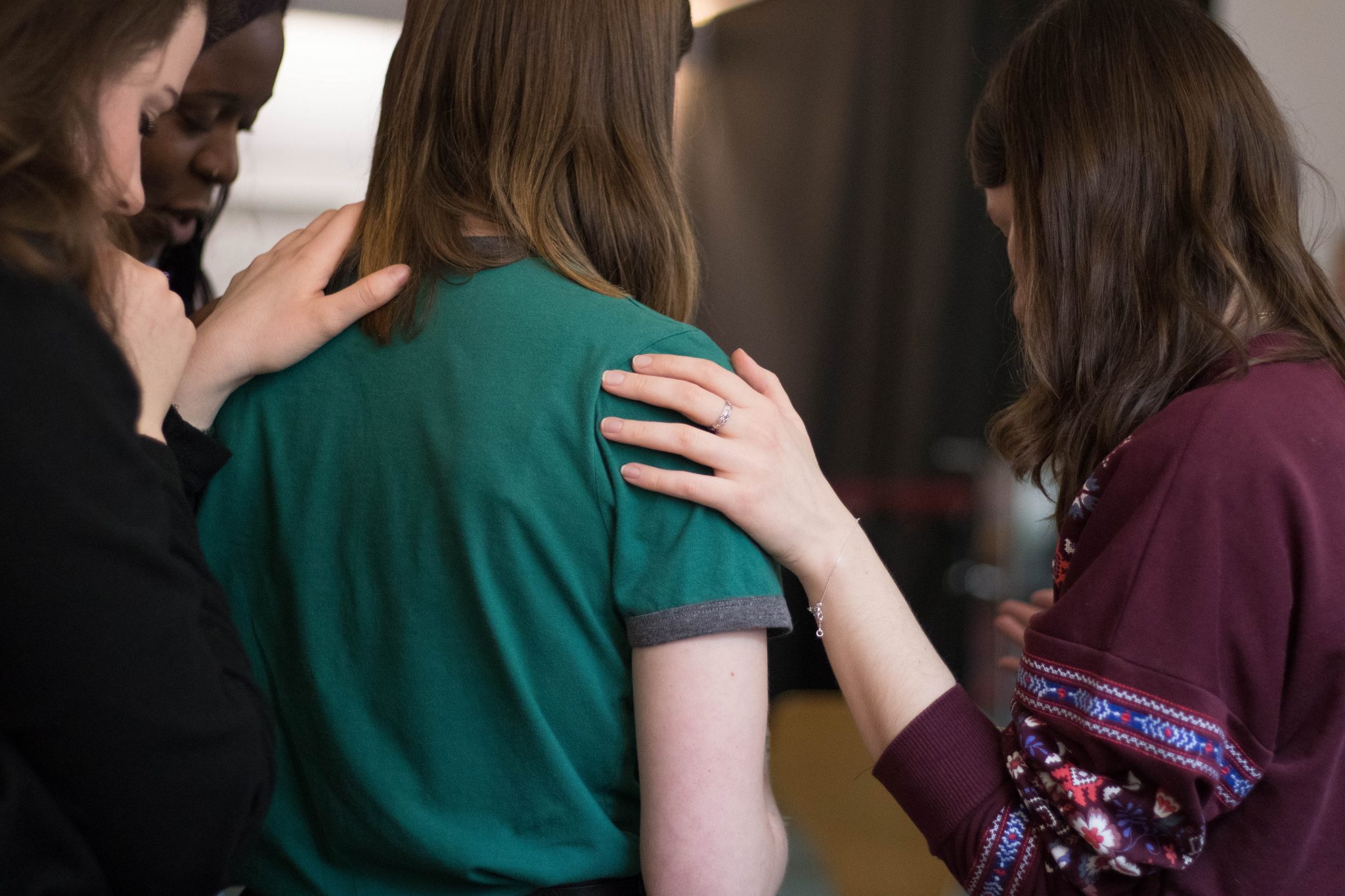What is on this page
How PTSD Affects Relationships
PTSD can cause individuals to experience various emotions, including irritability, anger, and emotional numbness. This can make it difficult for them to communicate successfully with their partners, leading to misunderstandings and conflict. People with PTSD may also have difficulty trusting others, leading to feelings of jealousy, insecurity, and isolation in their relationships.
One of the main ways that PTSD affects relationships is by interfering with communication. Many people with PTSD struggle to express themselves and may withdraw from conversations or avoid discussing complex topics. This can make it challenging for their partners to understand what they are going through and offer support. This can lead to frustration, anger, and hurt on both sides, which can cause further problems.
Another way that PTSD affects relationships is by impacting intimacy. Many people with PTSD experience a loss of interest in sexual activity or feel disconnected from their bodies. This can cause strain in their relationships, mainly if their partners interpret this as a lack of desire or attraction. It is essential to understand that this disconnection is not about the partner but rather a symptom of PTSD.
PTSD can also cause people difficulty trusting others, mainly if their trauma was caused by someone they knew or trusted. This can cause people with PTSD to be suspicious or jealous of their partners, leading to feelings of insecurity and emotional distance. It is essential to note that these feelings are not a reflection of the partner’s behaviour but rather a result of the person’s PTSD.
Types Of Relationship Problems That Can Arise From PTSD
PTSD can lead to various relationship problems, including difficulties with intimacy, communication problems, and emotional expression challenges. Additionally, some people with PTSD may engage in self-destructive behaviours, such as substance abuse or infidelity, that can further strain their relationships.
Intimacy problems
As mentioned earlier, PTSD can cause individuals to experience a loss of interest in sexual activity or feel disconnected from their bodies. This can cause strain in their relationships, mainly if their partners interpret this as a lack of desire or attraction.
Communication problems
PTSD can make it difficult for individuals to communicate successfully with their partners, leading to misunderstandings and conflict. This can make it challenging for their partners to understand what they are going through and offer support. This can lead to frustration, anger, and hurt on both sides, which can cause further problems.
Emotional expression problems
PTSD can cause individuals to feel numb, withdrawn, or emotionally unstable. This can make it difficult for them to express their emotions, leading to misunderstandings and a lack of emotional intimacy.
Self-destructive behaviours
Some people with PTSD may engage in self-destructive behaviours, such as substance abuse or infidelity, that can further strain their relationships. These behaviours can be a way of approaching the trauma but can cause significant problems in the relationship and may exacerbate the characteristics of PTSD.
Working Through Relationship Difficulties While Managing PTSD
Several strategies can help individuals with PTSD manage relationship problems. These include seeking professional help, practising communication skills, and building a support network of friends and family. Couples and individual therapy can also help manage PTSD and improve relationship dynamics. Here are some more detailed strategies:
Professional help
Seeking professional help, such as therapy or counselling, can benefit individuals with PTSD and their partners. Therapists can help individuals with PTSD to process their trauma, develop skills to manage them, and learn communication methods to improve their relationships.
Successful communication skills
Successful communication skills are essential for managing relationship problems while living with PTSD. This may involve actively listening to your partner, using “I” statements to express your feelings, and practising empathy and understanding towards your partner’s perspective.
Support network
Building a support network of friends and family can be helpful for individuals with PTSD and their partners. A support system can provide a sense of safety, comfort, and understanding and help reduce feelings of isolation and anxiety.
Couples therapy
Couples therapy can help improve communication and intimacy in the relationship. It can provide a safe and neutral space for couples to explore their feelings and learn how to support each other better.
Individual therapy
Individual therapy can help individuals with PTSD to manage their condition, develop skills for managing PTSD, and improve their emotional regulation. It can also help individuals to process their trauma and work towards healing.

How Therapy Can Help With PTSD And Relationship Problems
Therapy can benefit individuals with post-traumatic stress disorder (PTSD) and relationship problems. In a therapeutic setting, individuals can safely process their trauma, develop managing skills, and learn how to communicate more successfully with their partners. Additionally, therapy can provide individuals the support they need to manage their PTSD and improve their overall well-being.
In therapy, individuals can explore the challenges they face in their relationships and work towards developing healthy patterns of behaviour that foster greater intimacy, trust, and emotional connection. Therapists can help individuals identify the negative patterns of behaviour impacting their relationships and develop new strategies for managing these behaviours.
Through individual and couples therapy, individuals can also work towards rebuilding trust and intimacy with their partner. This can involve learning new communication methods, developing better emotional regulation skills, and exploring the underlying emotional barriers affecting their relationship.
Ultimately, therapy offers a safe and supportive space where individuals can work towards healing and growth. Whether dealing with PTSD, relationship issues, or both, therapy can give individuals the tools and strategies they need to live a more fulfilling and meaningful life.
PTSD can have a significant impact on a person’s relationships, and it can cause communication difficulties, intimacy problems, and emotional expression problems. However, with the proper support and strategies, individuals with PTSD and their partners can work towards improving their relationships. Seeking professional help, practising successful communication skills, building a support network, and attending couples or individual therapy can all be helpful strategies for managing PTSD and improving relationship dynamics. It is essential to remember that managing PTSD and relationship problems is a journey, and it takes time, patience, and support to work through these challenges.

